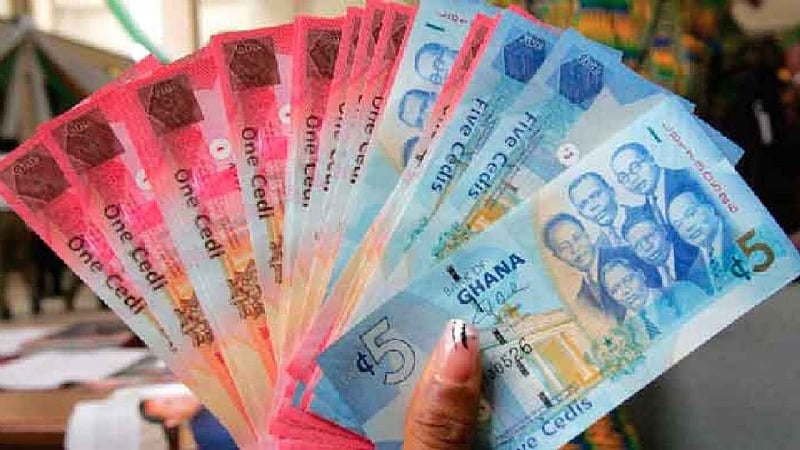The Ghanaian Cedi is steadily holding its ground against the United States dollar, maintaining consistent buying and selling rates observed over the preceding week. As of Monday, September 30, 2024, at 10:00 am, the buying rate of the Cedi stands at GHS15.68, while the selling rate is GHS16.17, according to data from Cedirates.com, a recognized platform for currency and fuel exchange updates in Ghana. In the interbank market, the Cedi is trading at GHS15.82 for purchase and GHS15.84 for sale against the dollar, reflecting a stable currency performance amidst fluctuations in the global economy.
The performance of the Cedi against other major currencies reveals similar trends. For the British Pound Sterling, the average buying rate is GHS20.79, with a selling rate of GHS21.68. The Euro’s exchange rates are recorded at GHS17.34 for purchases and GHS18.10 for selling, highlighting the Cedi’s relative strength. Additionally, on the Bank of Ghana’s interbank market, the Pound Sterling is priced at GHS21.23 and the Euro at GHS17.69, emphasizing a unified trend across various financial platforms regarding currency valuation.
For remittances, platforms like LemFi and Afriex provide competitive exchange rates for sending money to Ghana from the United States and the United Kingdom. The rates for the US dollar are pegged at GHS15.68 and GHS15.42, respectively, while the British Pound’s rates hover around GHS21.00 for buying and GHS21.01 for selling. However, only Afriex provided an updated exchange rate for the Euro, listing it at GHS16.76 per €1, which offers users more choices for money transfers.
The adjustment in exchange rates has extended to subscription services. For users renewing their Netflix, Spotify, or Apple Music subscriptions via Visa and Mastercard, the payment processors are pricing the US dollar at GHS16.91 and GHS16.93, respectively. This showcases the direct effect of exchange rates on digital services and reflects the bargaining power that Ghanaian consumers have when transacting with international service providers.
Significantly, changes in the methodology for calculating exchange rates were implemented by the Bank of Ghana. Financial institutions are now required to submit their transaction data by 3:30 pm instead of the previously assigned 2 pm. Furthermore, there has been a move from averaging to utilizing median rates, with a threshold for transactions starting at $10,000 and above, aiming for a more accurate reflection of market values and enhancing the transparency of exchange rate computations.
In conclusion, the Cedi’s resilience against foreign currencies indicates a level of stability that could be beneficial for consumers and businesses alike. The current exchange rates not only allow for better planning in personal finances and investments but also provide a snapshot of Ghana’s economic health. As the Bank of Ghana continues to refine its processes for calculating exchange rates, it remains critical for users to stay informed about shifts in currency valuations for effective budgeting and decision-making in their financial dealings.














